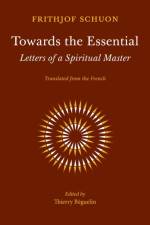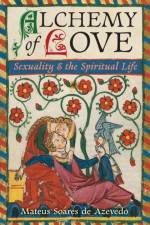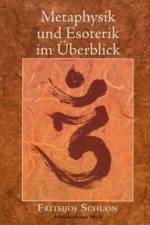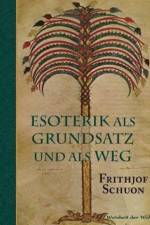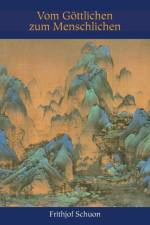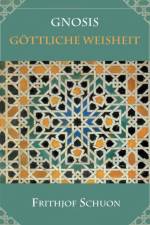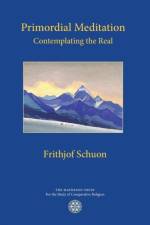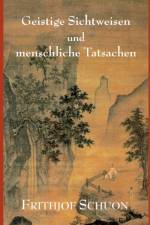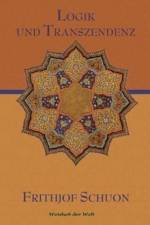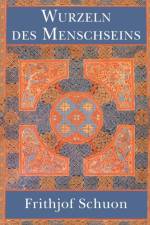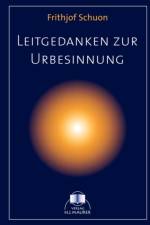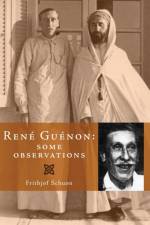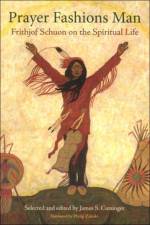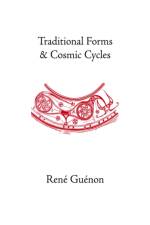- Some Observations
av Frithjof Schuon
257
René Guénon (1886-1951) was the founder of the Traditionalist School. Along with Ananda K. Coomaraswamy and Frithjof Schuon, he reintroduced traditional metaphysics and esoterism into the Western world after a lapse of centuries, and was perhaps the first to present the doctrines of the Vedanta, Taoism, and Sufism not as Eurocentric orientalists or occult fantasts had done, but strictly in their own terms. To the 'mathematical' precision of Guénon's metaphysics, cosmology, and esoteric history, Frithjof Schuon (1907-1998) added a poetic or 'musical' element, inspired by his close relationship to the Divine Feminine. He also presented the spiritual path as a concrete praxis, involving the spiritual virtues and 'stations of wisdom', that was not so prominent in Guénon's writings. On the other hand, Guénon's prophetic eschatology, especially in The Reign of Quantity and the Signs of the Times, as well as his analysis of the 'counter-tradition', gives him a unexpectedly contemporary 'edge' that is perhaps less prominent in Schuon's more aesthetic approach. René Guénon and Frithjof Schuon illuminate each other, both through their unanimity and the specific points where they differ. Each is almost the only means of taking the other's measure. Questions of who was greater, who more traditional, are finally less interesting than the tremendous vision of human reality and spiritual truth that emerges from their shared role as renewers of traditional metaphysics and religious understanding. Schuon, as the younger man, was in a position to compose an evaluation of his early intellectual master, and in view of his long and illustrious career as an author after Guénon's death, Schuon's central essay René Guénon: Some Observations is also his profoundly appreciative as well as pointedly critical declaration of independence (though simultaneously a declaration of collegiality) from the man who, more than anyone else in the modern world, opened to him a fundamental view of 'principial' reality.

